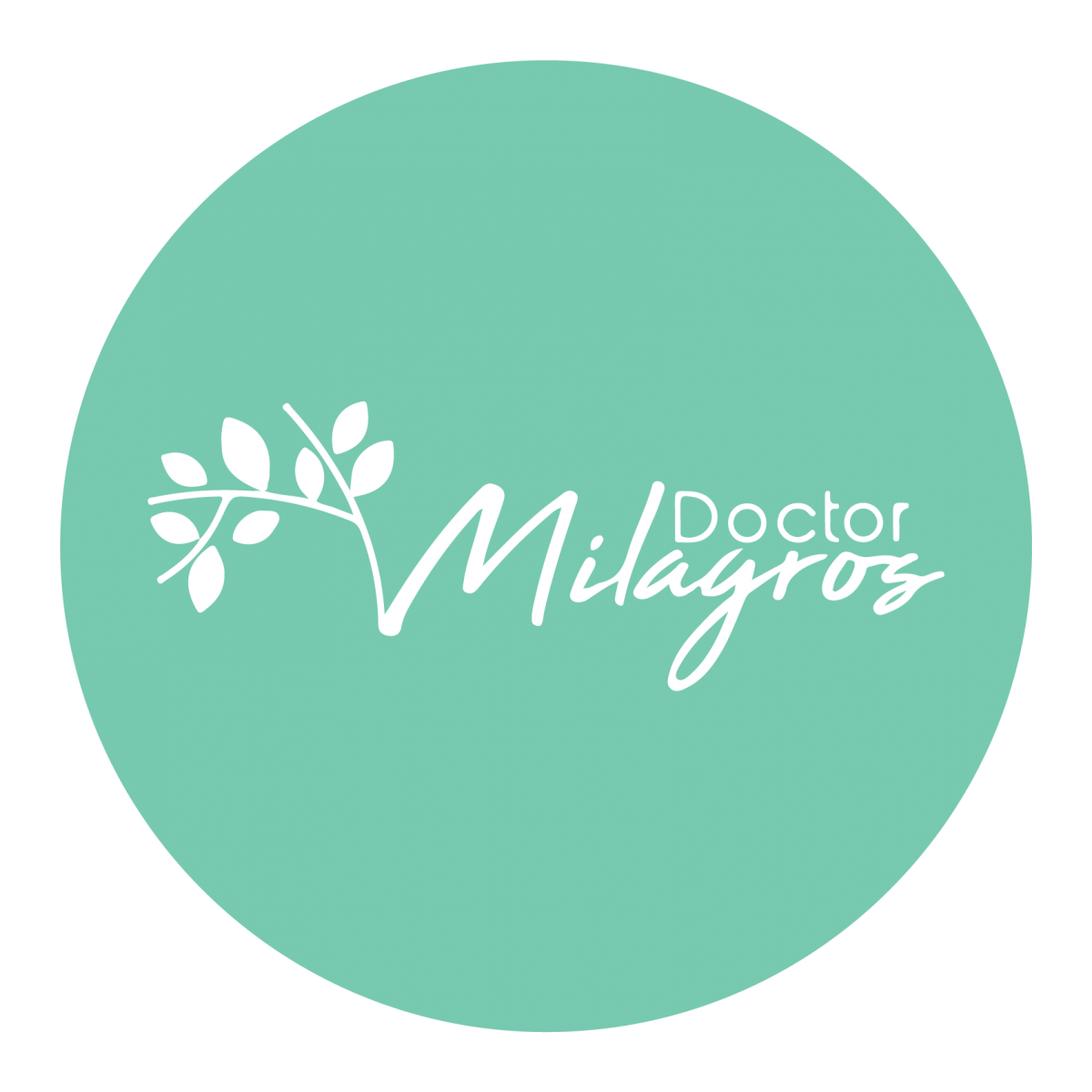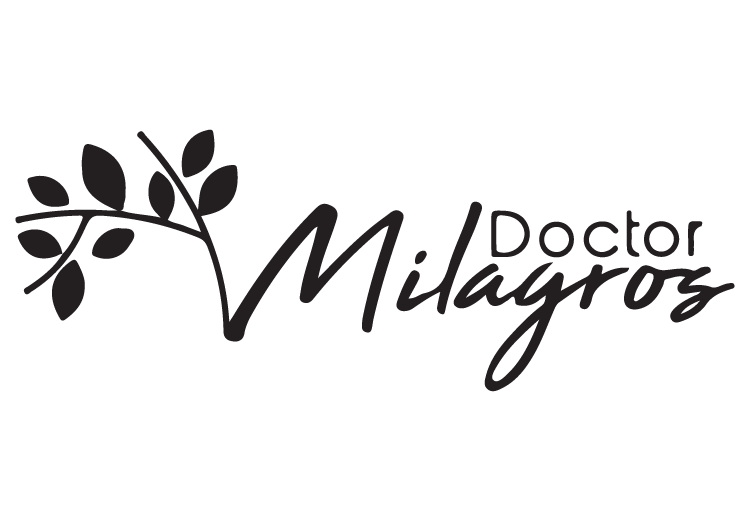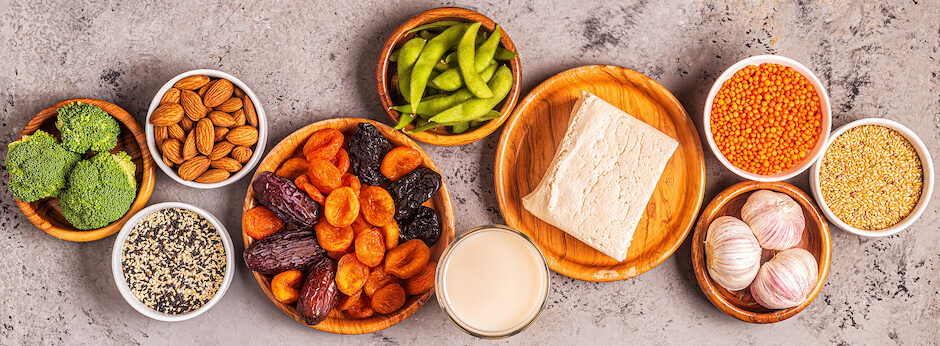breast cancer, health, Medicine, skincare
Are Phytoestrogens an Endocrine Disruptor?
Are Phytoestrogens an Endocrine Disruptor?
Could Your Diet Be Too Heavy in Phytoestrogens and Phytoestrogens in Skincare.
In continuing to honor October’s legacy as Breast Cancer Awareness month, today we will discuss a common cause of breast cancer and other cancers — endocrine disruptors.
Humans have an endocrine system which is responsible for regulating the hormones which control organ functioning and all biological processes in the body. Endocrine disruptors are natural or synthetic substances which can destabilize the balance of human endocrine function.
For example, it is known that phytoestrogens (plant oestrogens) are substances that mimic estrogen in the body because of their similar chemical structures. In fact, phytoestrogens have the ability to bind to our estrogen receptors as would our own natural estrogen!
There are four main groups of phytoestrogens: isoflavonoids, flavonoids, stilbenes, and lignans. Natural sources of phytoestrogens can be seemingly inocuous health foods such as chickpeas, linseed (flaxseeds) and soybeans.
Phytoestrogens are generally healthy to consume in moderate amounts and can be beneficial in combatting symptoms caused by estrogen deficiency. This may be of particular benefit to premenopausal and post-menopausal women.
Normally, consuming these phytoestrogens is considered healthy. Issues can begin to occur when these are consumed in large quantities. Studies have presented excess estrogen as a potential cause of breast cancer.
“Phytoestrogens have multiple targets within cells and whilst acute studies with supraphysiological doses of these compounds indicate that they may inhibit the development and progression of breast cancer, lower doses have been shown to promote the growth of breast cancer cells in vitro and experimentally induced tumours in vivo. More studies utilizing long-term exposure to lower doses and mixtures of phytoestrogens are required to demonstrate unequivocally that dietary supplements do have beneficial rather than detrimental effects on breast cancer.”
Topically, phytoestrogens may have an anti-aging effect. Topical phytoestrogens react with our skin’s estrogen receptor system and aid in the production of collagen and hyaluronic acid, and support the ECF or extracellular protein matrix. Also, phytoestrogens can help protect our skin from oxidative stress because they have potent antioxidant effects as well as anti-inflammatory properties.
In conclusion, phytoestrogens may present some benefits in hormone deficient patients and can provide anti-aging benefits for the skin when applied topically. However, some scientists are concerned that a high intake of phytoestrogens may disrupt the body’s hormonal balance. Studies suggest that overuse can increase a woman’s risk of developing breast cancer.
World J Clin Oncol. 2014 Oct 10; 5(4): 705–712.
Published online 2014 Oct 10. doi: 10.5306/wjco.v5.i4.705
Open Access Maced J Med Sci. 2019 Feb 15; 7(3): 495–499.
Published online 2019 Feb 14. doi: Are Phytoestrogens an Endocrine Disruptor?



